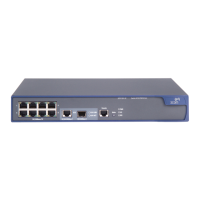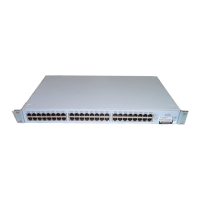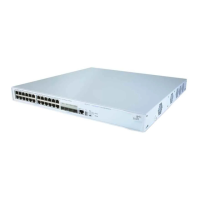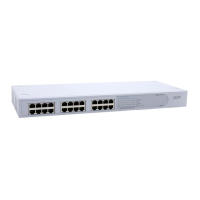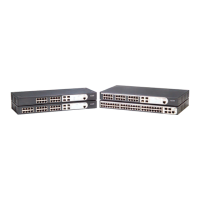Introduction to OSPF 291
Figure 92 NSSA external LSA format
Supported OSPF
Features
Multi-process
With multi-process support, multiple OSPF processes can run on a router
simultaneously and independently. Routing information interactions between
different processes seem like interactions between different routing protocols.
Multiple OSPF processes can use the same RID.
An interface of a router can only belong to a single OSPF process.
Authentication
OSPF supports authentication on packets. Only packets that pass the
authentication are received. If hello packets cannot pass authentication, no
neighbor relationship can be established.
The authentication type for interfaces attached to a single area must be identical.
Authentication types include non-authentication, plaintext authentication and
MD5 ciphertext authentication. The authentication password for interfaces
attached to a network segment must be identical.
OSPF Graceful Restart
n
For GR information, refer to “GR Overview” on page 247.
After an OSPF GR Restarter restarts OSPF, it needs to perform the following two
tasks in order to re-synchronize its LSDB with its neighbors.
■ To obtain once again effective OSPF neighbor information, supposing the
adjacencies are not changed.
■ To obtain once again LSDB contents.
Before the restart, the GR Restarter originates Grace-LSAs to negotiate the GR
capability. During the restart, the GR Helpers continue to advertise their
adjacencies with the GR Restarter.
Network mask
Forwarding address
LS age
Linke state ID
Advertising Router
Options 7
LS sequence number
LS checksum Length
Metric
External route tag
...
E TOS
0 7 15 31
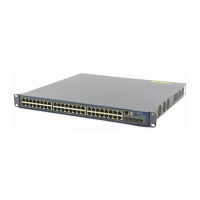
